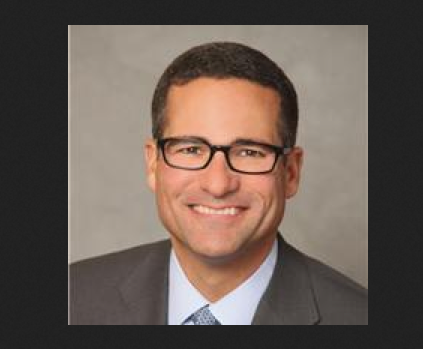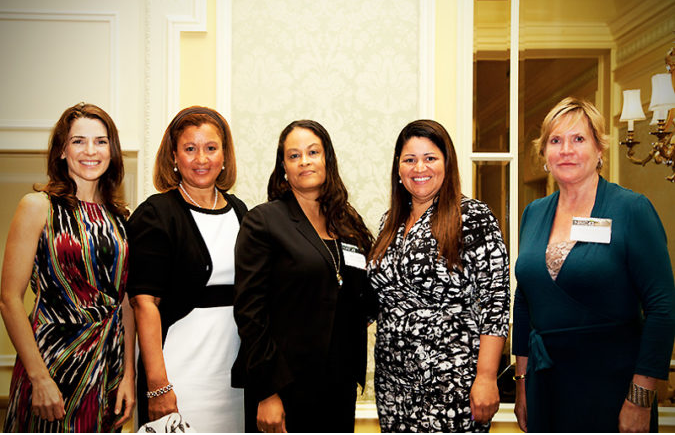The S&P 500 Index clambers to ever new highs. Over the past couple of weeks, this has even been accompanied by rising bond yields. But we remain far from normality: 10-year U.S. Treasury yields have climbed by almost 25 basis points from their trough of two weeks ago, and the German 10-year Bund yield is up by a similar amount, and yet that “jump” still only took the yield in Germany a shade over zero.
Rock-bottom bond yields are consistent with the new global growth outlook published by the International Monetary Fund last Tuesday. It cut its 2016 forecast from 3.2% to 3.1%, and its 2017 forecast from 3.5% to 3.4%. These numbers assume benign Brexit negotiations. Without that, the IMF reckons global growth could tumble to a mere 2.8% for the next two years. Meanwhile, there’s an attempted coup in Turkey, seemingly non-stop terrorist attacks in Europe, and some kind of experiment with reality-TV politics going on in the most important economy in the world.
What are we to make of this conundrum of record low bond yields and record high prices for equities?
No Flight from Risk, But No Embrace of Risk, Either
Investors still appear willing to take risk, but this remains a very unloved equity-market rally, led by defensive sectors such as consumer staples and utilities, or by income generators such as REITs and MLPs. High-yield bonds and emerging market debt have also fared extremely well this year. When government bond yields and growth expectations are so low, and there is fear about market volatility, investors willing to take on risk in search of return may have a bias to income rather than solely capital appreciation.
Investing this way is understandable. For investors willing to move further out on the risk-return spectrum, there are some attractive alternative sources of yield outside of lower-risk traditional fixed income. Around two-thirds of S&P 500 Index stocks offer a higher yield than that of the 10-year U.S. Treasury. Every stock in the world out-yields the German Bund. My colleagues in fixed income tell me that if you calculate the price-to-earnings ratio for the 30-year U.S. Treasury it comes out at 50 times. That shines a flattering light on U.S. utilities yielding 3.5% with a trailing P/E ratio of 20 times. One could easily imagine that reaching 25 times or more with bond yields at current levels.
‘Bond Proxies’ That Are Not Bonds
But there is an obvious danger in thinking about equity income as a “bond proxy.” Having an income component does not mean investments, such as dividend yielding equities, are “bond proxies.” Equities have an altogether different risk-return profile than fixed income and are much further out on the risk-return spectrum. We know all too well that the value of equities can decline much more significantly than the price of most bonds. A big sell-off could wipe out almost a decade of income from a 4%-yielding stock—in fact, it may imply that this income isn’t going to be paid at all.
What could trigger such a change in market sentiment? Joe Amato has discussed the way low bond yields push up equity P/E ratios, arguably making them look more expensive than they really are. Another way to think of this is that lower yields, and therefore lower discount rates, bring the value of future earnings forward in time. If we don’t believe that earnings will grow, there is less incentive to wait patiently to receive earnings years into the future, because much of their value is already priced into the present value of the asset.
This should heighten an investor’s sense of caution, especially if one thinks interest rates are going up again. But equally, if one anticipates significant deflation and rates falling much further, earnings priced in today may not be realized in the future. At some point, holding onto these assets requires investors to believe in some kind of benign environment—not severe enough to threaten your earnings, or so severe that the authorities will intervene on an unprecedented scale to protect them.
End-of-Cycle Excesses Cannot Last Forever
That is not fundamentals-based investing, but this environment makes fundamentals-based investing a challenge. The market is sending contradictory signals and at some point those signals are going to come back in line, one way or the other. If we see evidence of real, sustainable growth, we may begin to be more constructive on equity risk. Until then, from a fundamental multi-asset standpoint, we favor remaining neutrally positioned, prepared for a downturn in sentiment without giving up too much of the upside.
“Barbelling” a portfolio can help, perhaps by pairing some higher-yielding bonds, higher dividend-paying equities, and, for those able to lock up capital for some time, some private market investment, with very liquid high quality assets that can be monetized and redeployed when volatility creates opportunities.
But banking on ever more aggressive central bank interventions such as “helicopter money,” or some kind of magical perpetual multiple expansion, could be a mistake. End-of-cycle excesses can last longer than anyone anticipates, but they cannot last forever.
Neuberger Berman’s CIO insight by Erik L. Knutzen




